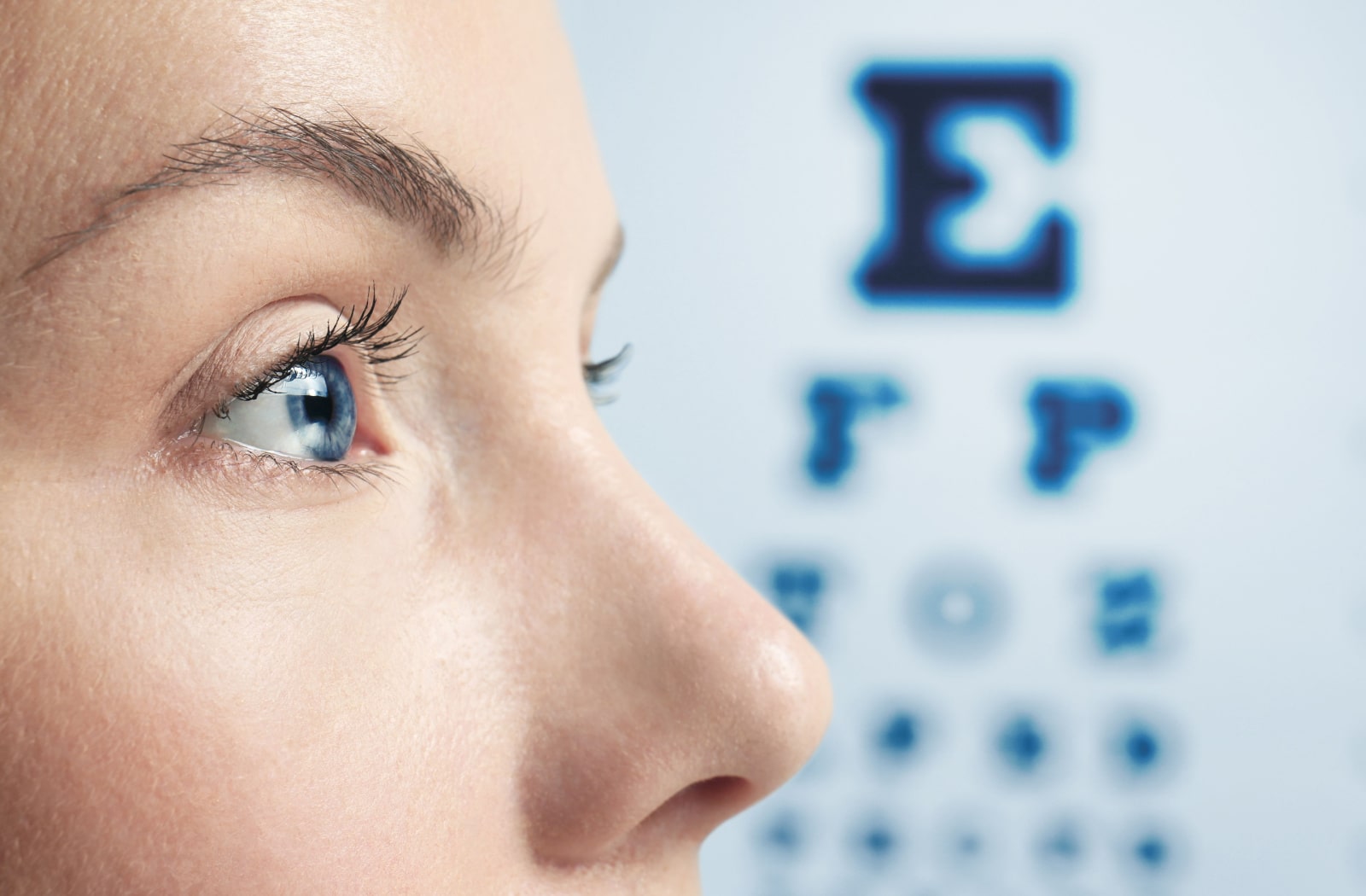All Categories
Featured
Table of Contents

Normal eye exams are necessary for preserving good vision and detecting possible eye wellness problems early. The regularity of these exams can vary considerably based on an individual's age, way of life, and total health and wellness. Understanding the suggested timetable for eye exams can assist make sure that individuals of every ages receive appropriate care and tracking for their eye wellness.
Newborns and Toddlers (0-2 Years)
For babies and kids, eye tests are important for finding any potential vision problems early on. The American Academy of Ophthalmology suggests that a youngster's very first eye exam should occur at around six months old. During this initial visit, the eye care expert will examine the child's aesthetic development and look for any kind of evident eye issues.Following this first test, it is recommended that kids have one more eye exam at age three. This visit will concentrate on assessing the kid's general aesthetic feature, including eye placement and the capacity to track items. If no problems are found, the next examination should be set up before the child begins institution, normally around age five or 6.
School-Aged Children (6-18 Years)
When youngsters get to school-age child, regular eye tests need to be scheduled each to 2 years. Vision is critical for discovering and growth, and several institutions conduct vision screenings. These screenings do not replace a comprehensive eye examination by an eye treatment specialist.For kids entailed in tasks or sports needing significant visual focus, yearly eye examinations might be a good idea. Additionally, if a child shows indications of vision troubles-- such as difficulty reading, scrunching up your eyes, or regular migraines-- a visit to the eye physician should be arranged as soon as feasible.
Youthful Grownups (19-39 Years)
Young person usually have less vision modifications than older age groups, but regular eye exams continue to be crucial. The basic suggestion is to schedule an eye test every two years throughout this duration. Individuals with specific threat variables-- such as a family background of eye disease, diabetic issues, or those who use contact lenses-- need to think about yearly eye examinations.Furthermore, those who invest significant time on digital devices may experience electronic eye pressure. If signs and symptoms such as dryness, tiredness, or obscured vision occur, it may be important to see an eye care professional faster.
Grownups (40-64 Years)
As individuals go into midlife, the possibility of developing vision issues boosts. Adults aged 40 to 64 must schedule eye tests every one to 2 years. This age may begin to experience presbyopia, a natural age-related problem that makes it challenging to concentrate on close items. Eye tests can also assist discover various other common age-related problems such as glaucoma, cataracts, and macular deterioration.If individuals in this age group have risk elements like high blood stress or diabetic issues, they might require more regular evaluations to monitor their eye health closely.
Senior Citizens (65 Years and Older)
For elders, routine eye exams become a lot more important. The American Optometric Association advises that people matured 65 and older have an eye examination at the very least annually. Older grownups are at a higher risk for numerous eye conditions, including cataracts, glaucoma, and age-related macular degeneration. Early discovery and therapy of these problems can avoid vision loss and boost the high quality of life.Conclusion.
Comprehending the proper routine for eye tests based upon age is crucial for maintaining optimal eye wellness throughout life. From infants to seniors, regular eye examinations play a vital duty in discovering issues early and making sure that vision stays sharp. By sticking to these guidelines and talking to an eye treatment specialist, people can take aggressive actions towards maintaining their vision and general health and wellness. Whether it's a kid's very first browse through or an elderly's yearly examination, focusing on eye treatment is a financial investment in lifelong well-being.Latest Posts
KingPins
Published Nov 23, 24
1 min read
Best Wedding Themes and How to Match Your Venue
Published Nov 23, 24
2 min read
Zoom
Published Nov 23, 24
1 min read